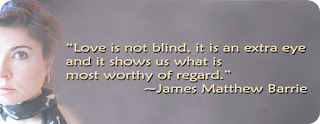Living the Gospel (A sermon on John 6:1-15)
A large crowd has been following Jesus and apparently they haven’t eaten in some time. When Jesus raises the question about feeding this great multitude Philip seems overwhelmed by the need – and the need is great: “Six months wages could not buy enough food.” But then Andrew comes at it from a different point of view. He points out that while they don’t have much, they do have a little: “There is a boy here who has five barely loaves and two fish. But what are they among so many people?” One could read Andrew’s question the way we read Philip’s answer. Or one could read Andrew’s question in a more positive, hopeful vein as I do: Well, the need is great but we do have something. And Jesus does indeed do something doesn’t he? He turns the little into much. Out of their scarcity comes an abundance, so much abundance that there are 12 baskets of leftovers. John makes it clear that this is a sign of the kingdom of God, a sign of God’s will and way in the world. John s...




